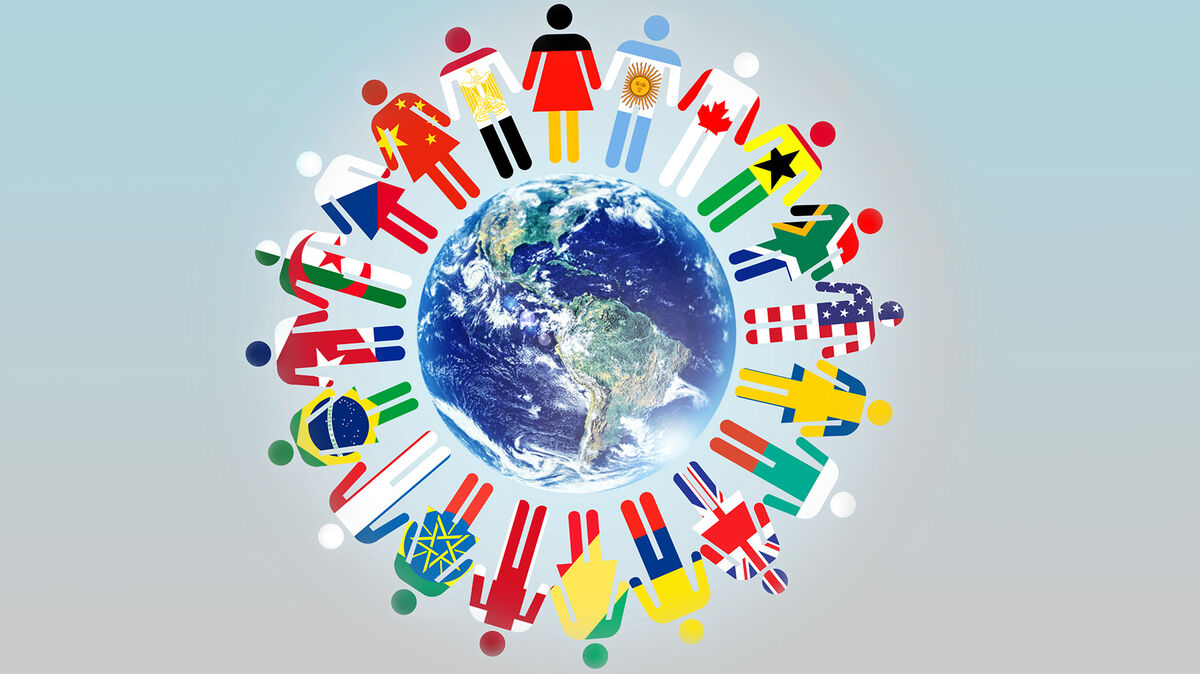Who’s Watching Who
January 11, 2017
Web browsing, posting on social media, Google searches and numerous online interactions fill our daily lives. What if the spying eye of “Big Brother” was watching all of these activities? What if there was not just one “Big Brother,” but hundreds, possibly thousands? That reality of today could continue to expand as the interactions people enjoy online become more important to companies and organizations around the world.
Mass data analytics, constant collecting and processing of data, provides insight for businesses around the world. This field of study uses massive amounts of data and tries to identify trends in the information. Electronics company Intel said, “The digital economy is driving a…cycle where connected devices and cloud-powered services are generating data.” Online posts might identify products that would interest the user. A sudden change in online shopping habits could, for example, show retailers that a potential shopper is expecting a child. Companies all around the world use this data analytics, including those whose products fill many people’s daily lives.
Search engines are one example of a tool that uses this data collection. These browsing tools create a comprehensive list of one’s previous searches and use those to establish what materials that person would be interested in. This shows up in recommended viewing lists, recommended searches and other lists of proposed websites to visit. Far more complex and quite a bit disconcerting ways exist to use data analysis
Cheryl Schmidt, business and computer teacher at Olathe East, knows there needs to be boundaries.
“I have mixed feelings about it. Because you’re using one of their products for free, if that’s what they want to do to get you to use their products I think they should be allowed to have a little bit of access [to your information]. But how much access, that’s where it’s crossing the line on how much data they’re collecting,” Schmidt said.
In an interview done for Information Weekly, the CEO of CybeRisk Security, Yoram Golandsky, said, “The amount of information we can find on a person from Facebook, LinkedIn, Twitter, and blog postings [is significant], and that’s without leaving the office.”
According to Facebook, the online social media company can predict whether or not a relationship will last. Using a variety of information collected from users, they and then determine, with a fair amount of accuracy, the future of the couple. This alone may not concern some users; however, ways to collect and use this plethora of information may not be so benign.
In a study done by The Wall Street Journal, nearly every one of the top 50 phone applications possesses the ability to track a phone’s location. Not only do they track this information, they transmit it to third parties. Several of these apps also know the user’s phone number, age and gender and transmit those statistics too. Students all throughout Olathe East use these apps. Junior Cole Young presents concerns for this situation.
“I feel ‘exposed’. I don’t like that they do that. I don’t know what these third parties do with that information. I mean it’s pretty much endless what they can do with that,” Young said.
One use of the data collected from many different sources is for companies to target an individual’s accounts.
In the same interview with Forbes, Golandsky said “This is the way we get people to give us their passwords. If I have all that information on you, your whereabouts, what you like to do, the ability to socially engineer you becomes a very easy task.”
Junior Ian Jackson is not sure how these companies can see private information as just another way to profit.
“[It is] like these people that run the [companies] don’t really see your personal information as personal. How can [you] keep your information safe? How can [companies] promise to keep [your information] secret when these other companies who you haven’t given any information to can find out about your personal life?,” Jackson said.
The reality has become apparent that everything done online could be used against you. Online security is failing as more and more people become complacent in their online interactions. People could focus more on securing their online information and protecting their personal information. As more concern for a lack of security rises, a boost in overall information security could develop. Big Brother doesn’t have to win.
Jacob Wilson // Graphics Editor


































